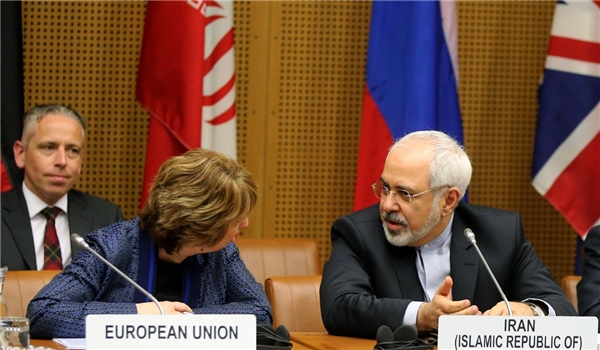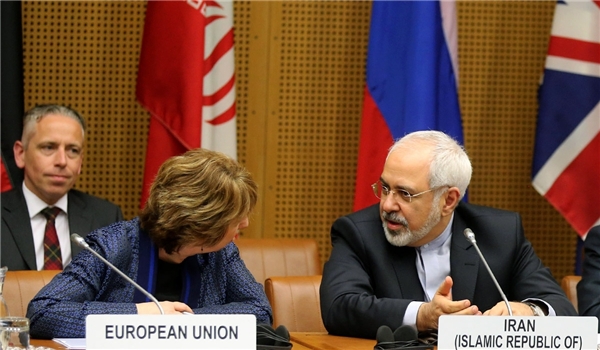 TEHRAN (FNA)- A senior Iranian foreign ministry official blasted the US for following the policies of the Zionist lobby and certain Arab rulers in the nuclear talks with Tehran.
TEHRAN (FNA)- A senior Iranian foreign ministry official blasted the US for following the policies of the Zionist lobby and certain Arab rulers in the nuclear talks with Tehran.Foreign Ministry Advisor Mohammad Kazzem Sajjadpour said the nuclear talks between Iran and the six big powers in Geneva revealed that US government lacks necessary independence for making decisions.
"It has become clear that the US government is indeed following decisions made by the Zionist lobby and certain Arab states," he said on Wednesday.
Sajjadpour called on Washington to "reconsider its approach towards Tehran and accept Iran as an independent and powerful country".
The United States and Iran broke diplomatic relations in April 1980, after Iranian students seized the United States' espionage center at its embassy in Tehran. The two countries have had tense relations ever since, but have shown willingness to attend talks to help resolve regional issues, including security in Iraq. Yet, the two countries have avoided talks on bilateral issues for the last thirty years.
Iran and the six world powers, including the US, have so far had years of negotiations over Iran's nuclear advancements.
In the latest case, Iran and the G5+1 had over two weeks of negotiations in Vienna last month with no final agreement between the two sides, although they extended their July 20 deadline for a few more months.
During the talks, a senior member of the Iranian team of negotiators stressed that the excessive demands made by the other side are the root cause of the differences between Tehran and the world powers.
At the end of their talks, the two sides agreed to extend the talks till November 24 for brokering a final deal.
Zarif and EU foreign policy Catherine Ashton in a joint statement after over two weeks of talks stressed the need for more efforts and time to reach an agreement with the world powers over Tehran's nuclear program.
Due to certain differences over some fundamental issues the two sides agreed to extend the Joint Plan of Action by November 24, they added.
On Saturday, an Iranian deputy foreign minister voiced satisfaction in the progressive trend of the nuclear talks between Iran and the six major world powers, and described the one-on-one talks with the Sextet members as a productive plan to narrow down differences before the scheduled high-level meeting in September.
�Iran will definitely hold bilateral talks with the Group 5+1 ahead of the scheduled (high-level) meeting between Zarif and (EU Foreign Policy Chief) Catherine Ashton on the sidelines of the (annual gathering of the) UN General Assembly,� Deputy Foreign Minister for European and Americas' Affairs Majid Takht Ravanchi said on Saturday.
�The exact timetable and venue of the meetings have not been determined yet,� he added.
By Fars News Agency
The Iran Project is not responsible for the content of quoted articles.











